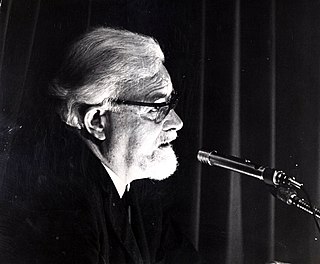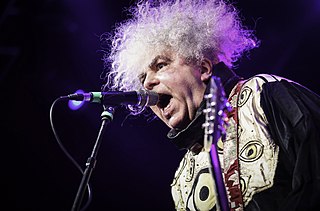A Quote by T. H. White
Related Quotes
The libertarian approach is a very symmetrical one: the non-aggression principle does not rule out force, but only the initiation of force. In other words, you are permitted to use force only in response to some else's use of force. If they do not use force you may not use force yourself. There is a symmetry here: force for force, but no force if no force was used.
If there are sound reasons or bases for the points you demand, then there is no need for violence. On the other hand, when there is no sound reason that concessions should be made to you but mainly your own desire, then reason cannot work and you have to rely on force. Thus using force is not a sign of strength but rather a sign of weakness.



































